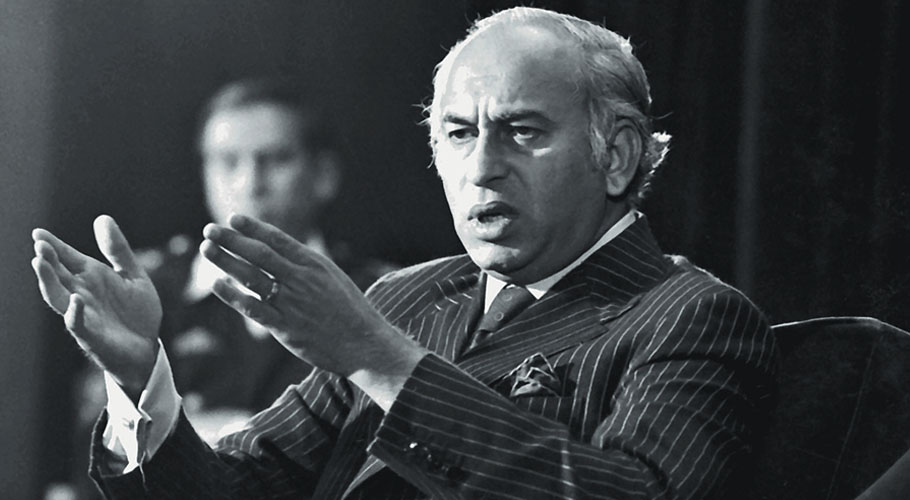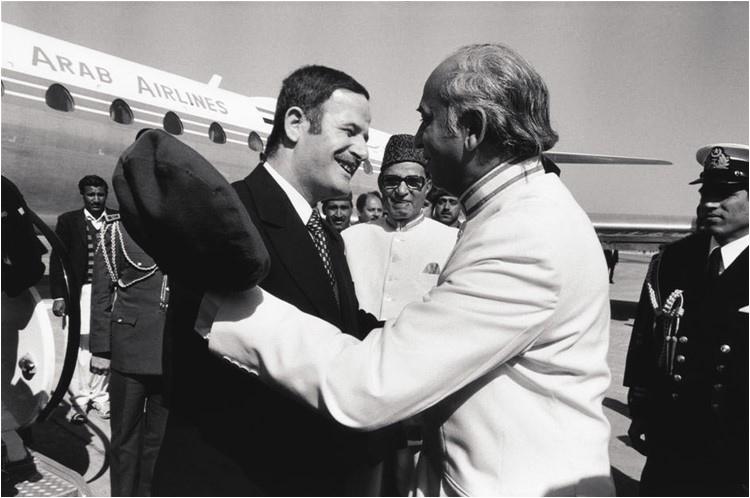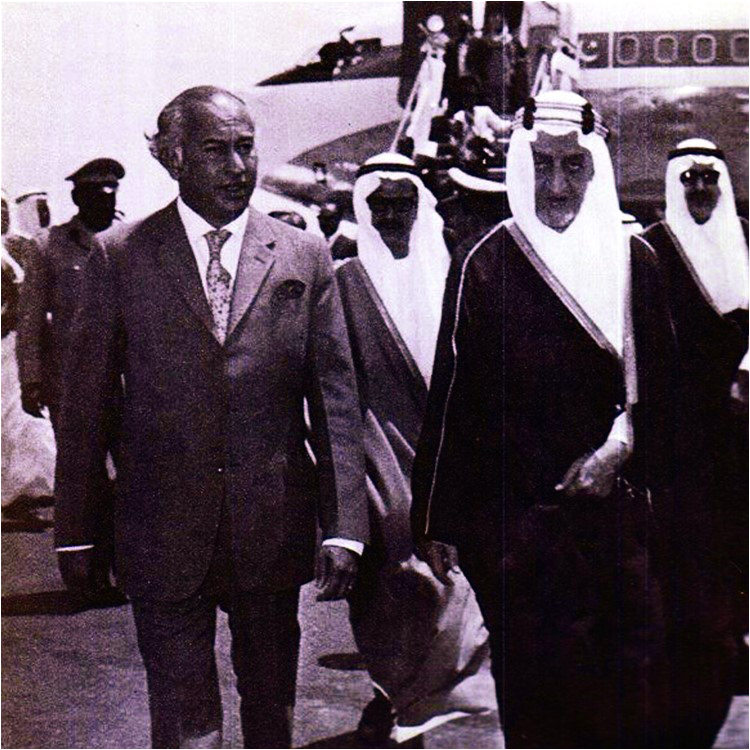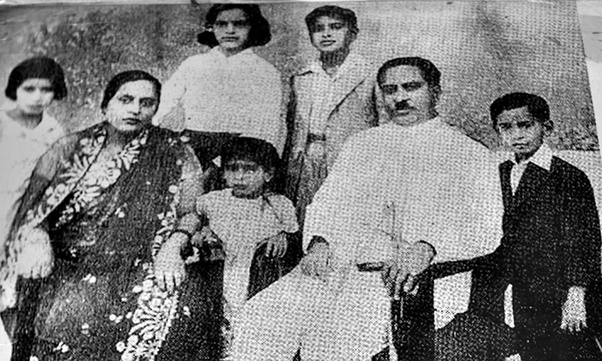Zulfikar Ali Bhutto
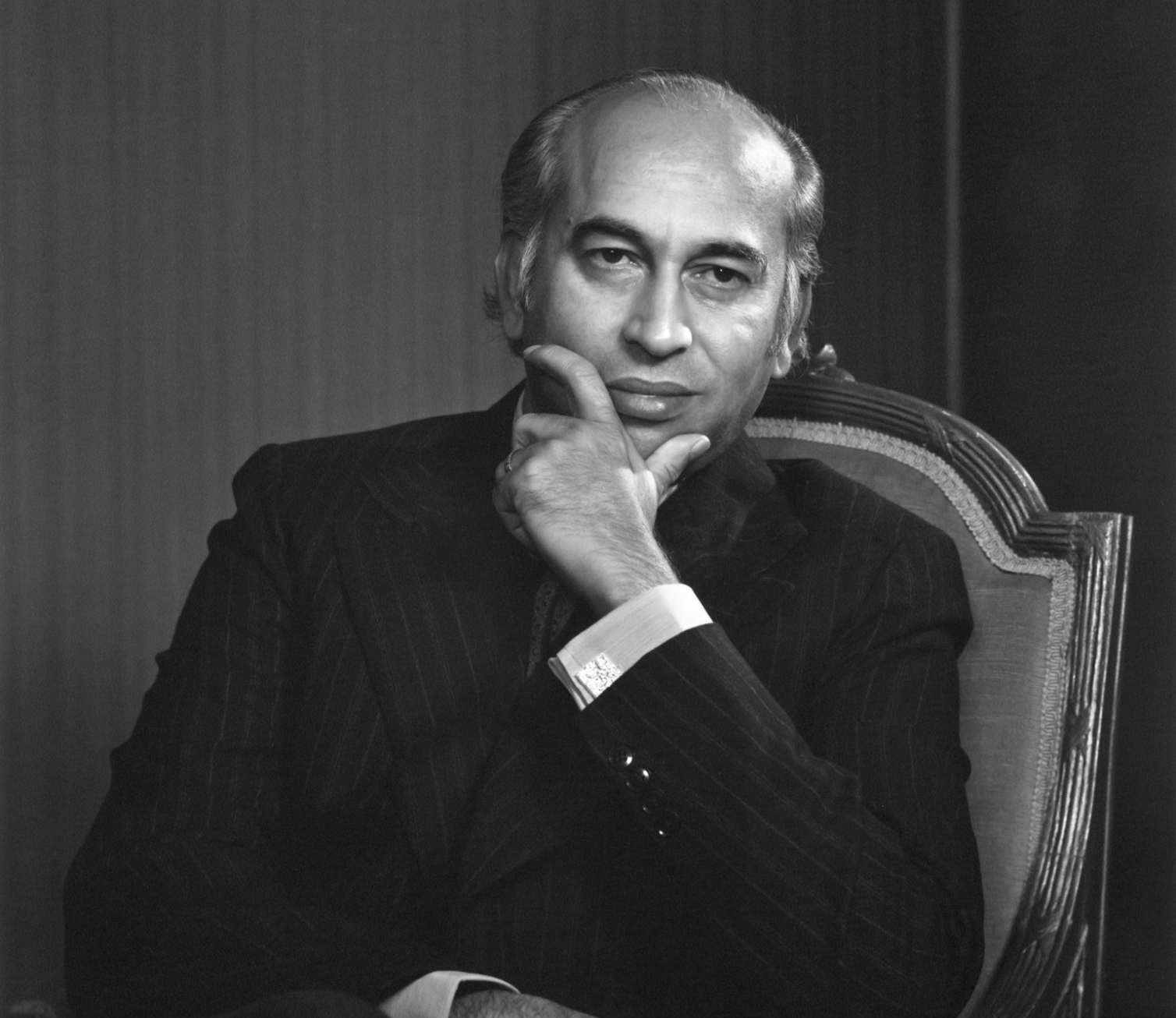
Zulfikar Ali Bhutto: The Architect of Modern Pakistan
Early Life and Education
Zulfikar Ali Bhutto was born on January 5, 1928, in Larkana, Sindh, into a prominent political family. He received his early education in Karachi and later pursued higher studies at the University of Southern California and the University of California, Berkeley, in the United States. He also attended Oxford University in the United Kingdom, where he demonstrated his brilliance and leadership qualities.
Political Ascendancy
Bhutto's political journey began in the late 1950s when he became a member of Pakistan's delegation to the United Nations. He quickly rose through the ranks, holding various key positions, including the Foreign Minister's role under Ayub Khan's regime. His tenure as a foreign minister was marked by a robust foreign policy that aimed to assert Pakistan's position on the global stage.
Foundation of Pakistan Peoples Party
In 1967, recognizing the need for a political force that would represent the common people of Pakistan, Bhutto founded the Pakistan Peoples Party (PPP). The party was grounded in the principles of social justice and economic equality, encapsulated in the iconic slogan "Roti, Kapra, aur Makan" (Food, Clothing, and Shelter). The PPP aimed to uplift the marginalized sections of society and foster a democratic and egalitarian nation.
Prime Ministerial Tenure
Bhutto's leadership came to the fore when he became the Prime Minister of Pakistan in 1973. His government introduced a range of progressive policies aimed at reducing economic disparities and promoting social welfare. Bhutto's tenure saw the nationalization of key industries and the introduction of land reforms to curb feudal power. He also played a pivotal role in framing the 1973 Constitution, which is regarded as a comprehensive and balanced document, safeguarding the rights and freedoms of the Pakistani people.
Visionary Foreign Policy
As a statesman, Bhutto was known for his visionary foreign policy. He strengthened ties with neighboring countries and played a crucial role in establishing the Organization of Islamic Cooperation (OIC), fostering unity among Muslim nations.
Judicial Coup and Martyrdom
Despite his visionary leadership, Bhutto's tenure was cut short through a judicial coup, which saw him being arrested and subsequently sentenced to death in a highly controversial trial. On April 4, 1979, Bhutto was executed, becoming a martyr in the eyes of many Pakistanis. His death marked an end to an era of progressive and people-centric politics.
Legacy
Today, Zulfikar Ali Bhutto's legacy lives on through the PPP, a party that continues to champion the causes of democracy, social justice, and economic equality. Bhutto is remembered as a charismatic leader who dared to dream of a better Pakistan, a nation where every individual could live with dignity and prosperity. His vision and sacrifices for the nation have immortalized him as a hero in the hearts of PPP supporters and many Pakistanis.
Zulfikar Ali Bhutto was not just a leader but a beacon of hope, a visionary who laid the foundations for a modern, democratic, and progressive Pakistan. His life and political journey remain a source of inspiration, encouraging generations to strive for a society grounded in justice, equality, and human dignity.


